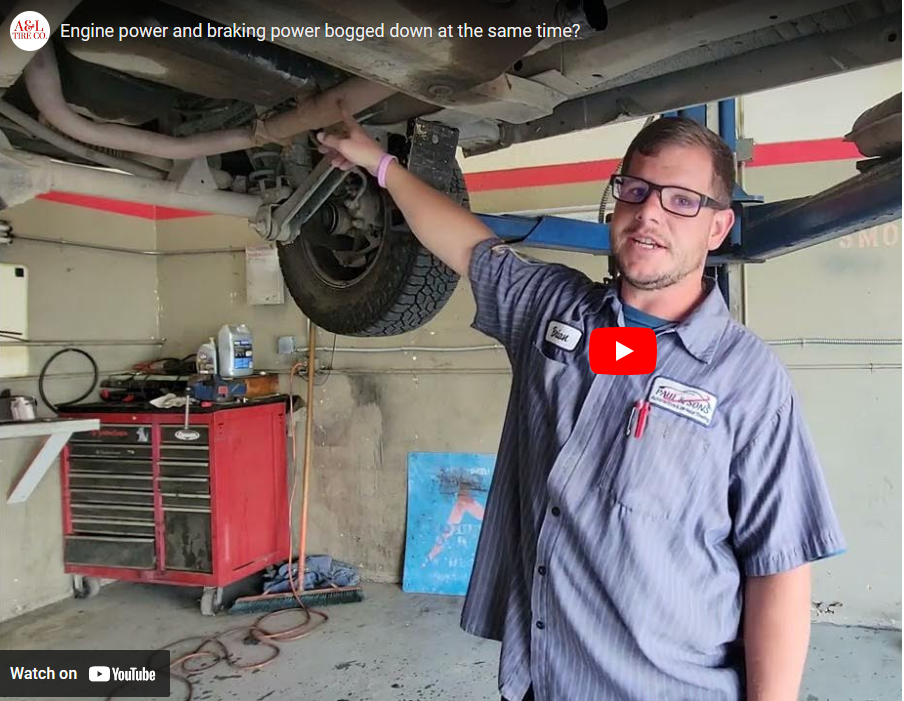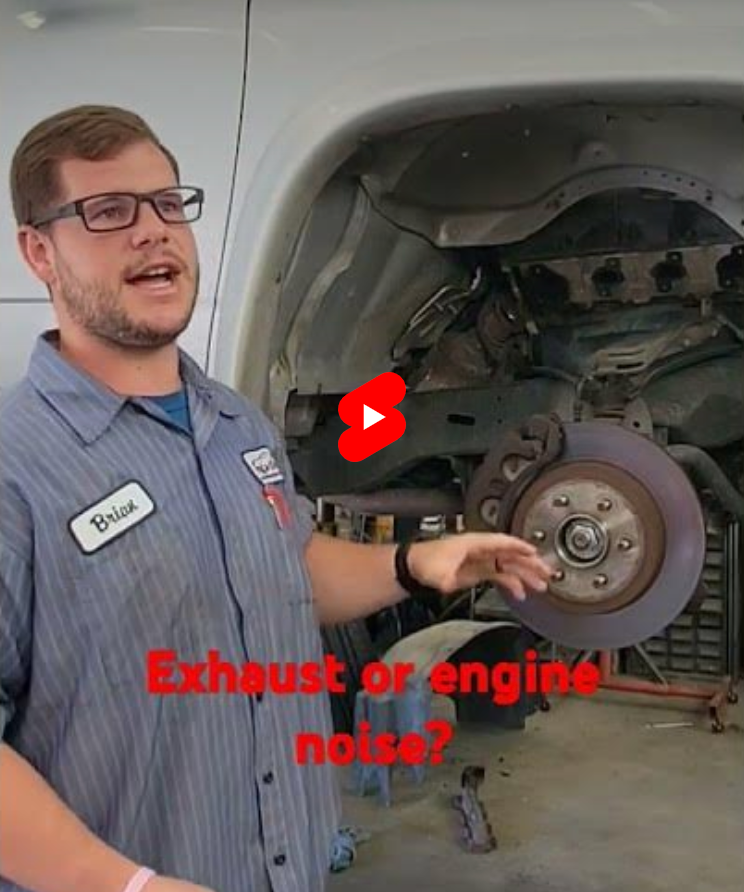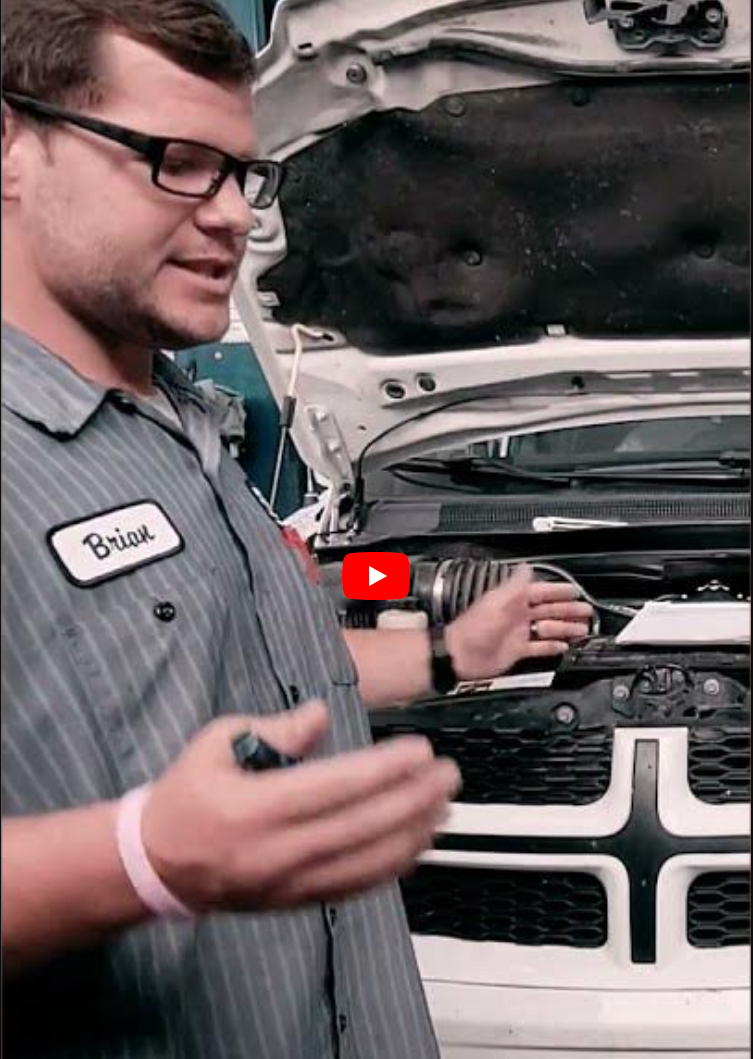Posted on 9/20/2024

Vacuum System Issues: Many modern braking systems, especially those with power brakes, rely on engine vacuum to assist braking. If there's a vacuum leak or the engine isn't producing adequate vacuum due to a problem like a failing vacuum pump or a leak in the intake system, both engine power and braking performance could be affected. Serpentine Belt Issues: The serpentine belt drives various engine components, including the vacuum pump (if equipped) and alternator. If the belt is slipping or broken, it could impact engine performance and brake assist. Engine Performance Problems: If the engine isn’t running properly, it might struggle to produce sufficient power, which can also affect the operation of components dependent on engine performance, including the vacuum system that assists braking
Posted on 9/13/2024

Engine noise and exhaust noise come from different parts of a vehicle and have distinct characteristics: Engine Noise: Source: Comes from the internal components of the engine such as pistons, valves, and the crankshaft. Characteristics: Often described as a rhythmic or mechanical sound, which can vary based on engine speed (RPM), load, and type of engine (e.g., V6, inline-four). It includes noises like knocking, ticking, or rumbling. Control: Can be affected by engine condition, maintenance, and design. Proper tuning and maintenance can reduce unwanted noise. Exhaust Noise: Source: Produced by the exhaust gases exiting through the exhaust system, including components like the muffler, resonator, and exhaust pipes. Characteristics: Typically a more consistent sound compared to engine noise, characterized by a growling, rumbling, or booming noise. It’s influenced by the design and condition of the exhaust system. Control: Can be managed by cha ... read more
Posted on 9/11/2024

A clogged fuel pressure regulator in a diesel truck can indeed cause it to die on the road, and here's how that happens: Fuel Flow Disruption: The fuel pressure regulator's job is to maintain the correct fuel pressure in the fuel system. If it becomes clogged, it can disrupt the flow of fuel. In a diesel engine, fuel is critical for maintaining the correct air-fuel mixture for combustion. When the regulator is clogged, it can either cause too much or too little fuel to reach the engine. Inconsistent Fuel Pressure: A clogged regulator can lead to fluctuating fuel pressure. Diesel engines rely on a steady fuel pressure to operate smoothly. If the pressure is inconsistent, the engine might not get the right amount of fuel at the right time, which can cause it to run poorly or stall. Engine Stalling: If the regulator is clogged to the point where it severely restricts fuel flow, the engine might not get enough fuel to sustain op ... read more
Posted on 9/4/2024

There are several common reasons why your car might be leaking oil: Gasket or Seal Failure: Gaskets or seals in your engine, such as the valve cover gasket or oil pan gasket, can deteriorate over time and start leaking. Oil Filter Issues: If the oil filter is not properly installed or if it's damaged, it can cause oil to leak. Oil Pan Damage: The oil pan can become damaged from road debris or impact, leading to leaks. Cracked Engine Block: Although less common, a crack in the engine block can lead to significant oil leaks. Loose or Damaged Oil Drain Plug: The oil drain plug, located at the bottom of the oil pan, can become loose or damaged, causing oil to leak